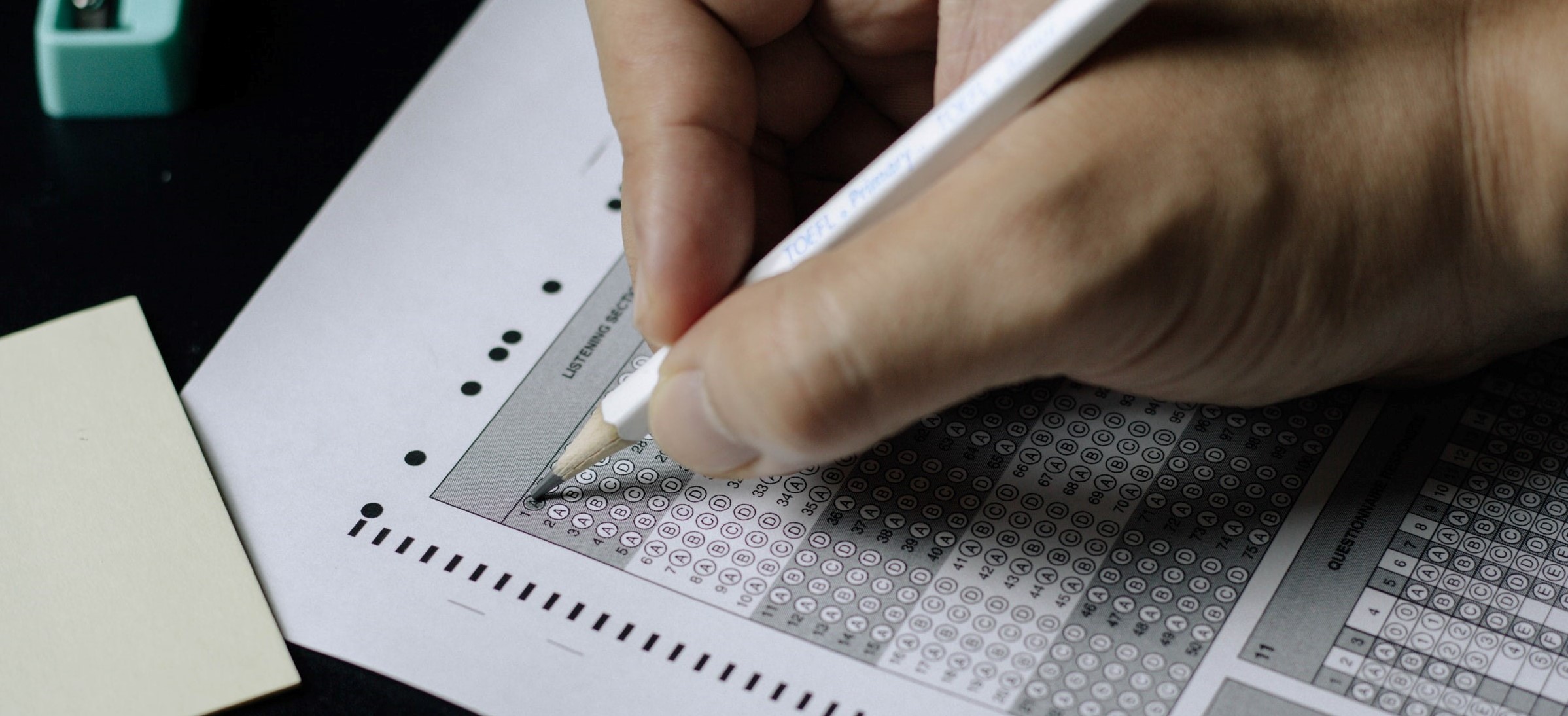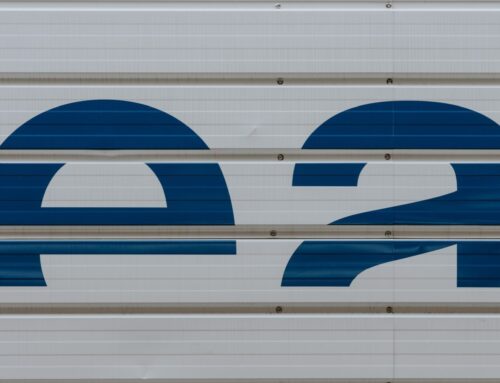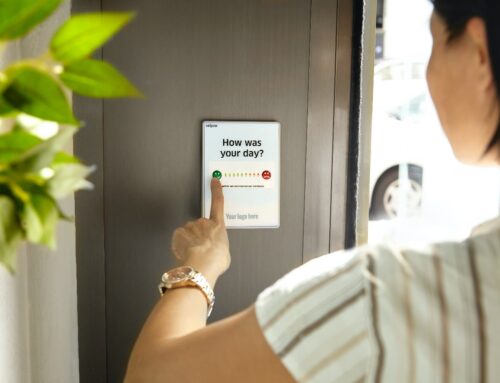With three new Watt Works Quick Guides now published on understanding academic integrity in higher education (available on the LTA website), Dr Erica Morris considers what we know about student academic misconduct in assessment and the strategies that can be adopted to address this issue.
In thinking about the values and practices of academic integrity in higher education (and essentially the other side of the coin, student academic misconduct), it can be helpful to know that there has been considerable international research on this issue. Academic integrity is an interdisciplinary field of study, becoming established over the last 15 years or so, exploring the different types of student academic misconduct, unpacking the factors that contribute to the issue, and developing and evaluating institutional policy and practice that promote academic integrity.
Over recent years, there have been concerns about the issue of ‘contract cheating’; reflected in media coverage that some students may be outsourcing their assignments to be completed by a third party (e.g. an academic writing service). Yet concerns about student academic misconduct in higher education are not new – 12 years ago, I led the Academy JISC Academic Integrity Service, a national initiative to enhance understanding of the issue of student plagiarism, providing guidance and recommendations for universities on effective policy and educational interventions. We know that:
- student academic misconduct is complex, encompassing a range of different behaviours and practices, which can be explored as a ‘problem of practice’ at individual (micro), situational or departmental (meso), institutional (macro) and sector (mega) levels (see Eaton, 2019, p. 4);
- at the heart of a holistic institutional approach addressing academic misconduct should be a commitment to academic integrity values such as honesty and fairness, and an emphasis on educational strategies, so that students can develop their academic, assessment and digital literacies;
- institutional policy should be regularly reviewed to deal with contemporary concerns, such as the ways in which students may work online, share their work or outsource their assignment.
Researchers and educators working in the field have recognised the value of understanding the reasons for student academic misconduct and the importance of drawing on evidence to determine how we work with students to tackle the issues and provide targeted interventions.
The recent pandemic has resulted in higher education institutions making rapid shifts in educational delivery, including employing online and take-home exams. These changes in provision have led commentators in the field to suggest that there are likely to be implications for academic integrity, but we must look to evidence. For example, a recent study by Alison Reedy and her colleagues found a mismatch between staff and student views, with staff perceiving that it was easier for students to cheat in online exams (compared to traditional invigilated exams) and students perceiving is was harder to cheat in online exams. These researchers also point to how guidance for students about the nature of the assessment format and what is expected of them during an online exam must be made clear – in particular, whether students are allowed to access print and/or digital resources (as with an equivalent ‘open book’ exam).
The new Watt Works Quick Guides on understanding academic integrity each offer an evidence synthesis of three main areas:
- Considering the extent of student academic misconduct – looking at what is known about the prevalence of different forms of academic misconduct, whether the issue is increasing, and the use of text-matching software as a tool in identifying potential cases.
- Exploring explanatory factors – focusing on the different reasons as to why students may engage in plagiarism, collusion or outsourcing their assignment, including insufficient understanding of academic writing practice, poor time management, and being under pressure whilst studying.
- Strategies and interventions – describing the four main elements of a holistic institutional approach, involving strategies relevant to academic integrity policy, students’ understanding and literacies, assessment practices, and professional development for staff.
What we know can make a difference.
Dr Erica Morris is a Principal Fellow of the Higher Education Academy, a Higher Education Consultant and a Senior Associate of Advance HE. The LTA will be hosting an academic integrity masterclass from Erica during Semester 1 2021-22. Further details will be announced shortly on our events page.
Further reading
Awdry, R. (2021). Assignment outsourcing: Moving beyond contract cheating. Assessment & Evaluation in Higher Education, 46(2), 220-235. https://doi.org/10.1080/02602938.2020.1765311
Eaton, S. E., Chibry, N., Toye, M. A., & Rossi, S. (2019). Interinstitutional perspectives on contract cheating: A qualitative narrative exploration from Canada. International Journal for Educational Integrity, 15(9). https://doi.org/10.1007/s40979-019-0046-0
International Centre for Academic Integrity (2014). The Fundamental Values of Academic Integrity. Third Edition. https://academicintegrity.org/resources/fundamental-values
Morris, E. J. (2018). Academic integrity matters: Five considerations for addressing contract cheating. International Journal for Educational Integrity, 14(15). https://doi.org/10.1007/s40979-018-0038-5
Reedy, A., Pfitzner, D., Rook, L., & Ellis, L. (2021). Responding to the COVID-19 emergency: Student and academic staff perceptions of academic integrity in the transition to online exams at three Australian universities. International Journal for Educational Integrity, 17(9). https://doi.org/10.1007/s40979-021-00075-9
Image by Nguyen Dang Hoang Nhu on Unsplash






